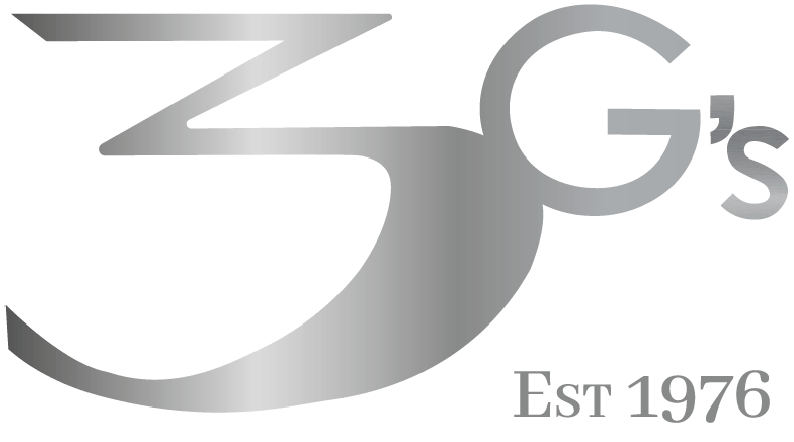There are several complications to owning and running a business. There are certain aspects that require undivided attention. There will be many HR requirements that are mandatory in an organization. Especially when you have companies in multiple locations, it will be even more difficult to manage. Due to complicated labor laws, strict tax restrictions, and a number of compliance requirements, finding highly capable and talented employees at an international level can prove itself to be a difficult task.
In a time of intense rivalry and globalization, many businesses are now looking into entering new international markets. They want to manage their human resources with EOR & PEO Service to be globally compliant. It is observed that in such instances the usual HR department will work hard to support the company and make sure that everything goes in a way that contributes to the organization’s growth. However, normal HR departments might not be enough or able to fulfill all the HR requirements of the company. This is why many small to medium businesses turn to Professional Employer Organizations or Employer Of Records for this.
What is a Professional Employer Organization?
PEO is an organization that enables businesses to outsource their HR-related tasks. PEOs also serve as the affiliated company’s co-employers. All of the legal responsibilities and liabilities associated with the company’s employees will be shared by the PEO. PEOs can pay business taxes on behalf of the firms they work with using their own Employer Identification Number (EIN) rather than the company’s. The PEO that a company is collaborating with will pay less tax if its state unemployment tax rate is lower than the corporation’s. Workers’ compensation can be purchased by businesses at a considerably lower cost through PEOs than if they were to buy them directly.
The services provided by Professional Employer organizations are extremely diverse. The main services that can be obtained from a PEO include payroll processing, risk management, workers’ compensation, and employee benefits. PEOs are more common among small businesses. They might not be able to perform all the HR duties because they are a small company. Small businesses use PEOs in these situations to handle their HR needs. PEOs assist businesses with hiring new employees and manage all of the onboarding procedures and training that must be followed as well. The HR division serves as a liaison between management and employees. They will settle disputes, serve as a mediator between the management and employees, etc. so it is very necessary to have the HR requirements of the company fulfilled.
What Is An Employer Of Record?
If a company is unable to handle all of its HR requirements on its own, it will associate with an Employer Of Record. Employer of Record (EOR) is an external organization that handles administrative and onboarding tasks on behalf of your company. Employers of record businesses provide similar services to PEOs in the areas of payroll, benefits, and employment administration. One of the biggest advantages of hiring through associating with a PEO is that you can hire worldwide using them, without having to set up a company in each country. Even though PEOs and EORs share many similarities, they are also different from each other, a services contract is made between the client and the EOR. For example, EORs do not, however, create a co-employment relationship with the employees like PEOs do. Instead, the EOR takes on the role of the employer and is in charge of managing a single employment contract.
If your company is planning to expand into foreign countries, it would be a wise choice to affiliate with a PEO. One of the major issues that are faced while expanding to other countries is hiring. Because of the different legal restrictions, it is harder to find and recruit talented and capable employees. That is when the Employer Of Records becomes useful. Legal entities in the nations are readily available for EORs’ recruitment services. As a result of EOR’s oversight of legal compliance in those nations, businesses collaborating with EOR can reduce risks by recruiting overseas staff. As they take on the duty of legal compliance for employment abroad, they essentially function as external HR departments.
It’s no secret that it will be difficult for your business to fulfill all of its HR requirements alone. EORs lessen all the difficulties involved in these HR-related procedures, enabling you to enter new markets, administer payroll for foreign workers, sponsor work visas, and manage benefit programs more successfully. When you engage an EOR service, they take on the role of your workers’ registered employer, but without any management or supervision issues.
What Is The Difference Between PEOs and EORs?
Onboarding, payroll, benefits, and HR outsourcing are all phrases that are frequently used to refer to PEO and EOR. Third-party organizations like Employer of Record (EOR) and Professional Employer Organizations (PEO) collaborate with your business to manage your human resources needs. Although these notions may appear to signify the same to you at first look, there are actually many variances. While you focus on other, more important aspects of your business, both EOR and PEO services come with strong HR skills to help you expand your staff and enhance the employee experience. EOR providers, on the other hand, provide extra legal protection and growth opportunities, whilst PEO providers act more like an internal HR department that is outsourced. While you focus on other aspects of your business, both EOR and PEO services come with strong HR skills to help you expand your staff and enhance the employee experience.PEOs and EORs are the same in certain aspects and differ greatly in some other aspects. However, they are both third-party organizations that will greatly help your company reach its heights.
FAQ
- What is a PEO?
PEO is an agency that allows companies to outsource their HR-related functions. PEOs also act as the co-employers of the company associated with them. The PEO will share all the legal obligations and liabilities that are related to the employees of the company.
- What is EOR?
Employer of Record (EOR) is an external organization that handles administrative and onboarding tasks on behalf of your company. Employers of record businesses provide similar services to PEOs in the areas of payroll, benefits, and employment administration.
- What is the difference between PEOs and EORs?
Third-party organizations like Employer of Record (EOR) and Professional Employer Organizations (PEO) collaborate with your business to manage your human resources needs. EOR and PEO services come with strong HR skills to help you expand your staff and enhance the employee experience. EOR providers, on the other hand, provide extra legal protection and growth opportunities, whilst PEO providers act more like an internal HR department that is outsourced.
- Which agency should a small business choose?
As a small business, it would be best to choose a PEO as it will help fulfill all the fundamental HR requirements and more. However, if you want to expand to more locations internationally, EOR would be more suitable.



